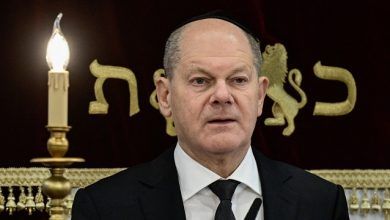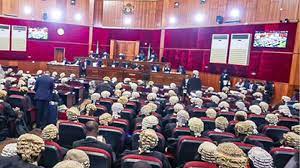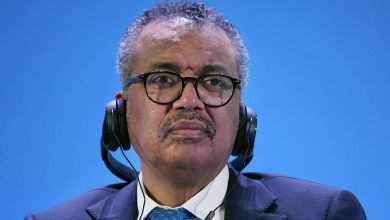
The International Monetary Fund (IMF) has advised the federal government to remove petrol and electricity subsidies once the social protection scheme has been enhanced and inflation subsides.
IMF disclosed this in a report titled “Nigeria: 2024 Article IV Consultation”, the organisation told Nigeria that the subsidies would guzzle three per cent of the nation’s Gross Domestic Product in 2024 as against one per cent in the year before.
According to the report, the IMF commended the Federal Government for, among other things, phasing out “costly and regressive energy subsidies”, saying this was critical to creating fiscal space for development spending and strengthening social protection while maintaining debt sustainability.
The suggestion followed a surge in Nigeria’s inflation rate, which rose to 33.20 percent in March 2024 up from 31.70 percent in February.
The IMF said about 15 million households or 60 million Nigerians will potentially benefit from an enhanced social intervention scheme the federal government developed with World Bank support.
“The authorities have recently approved an enhanced social transfer mechanism developed with World Bank support, and some initial payments have been made,” IMF said.
“In response to governance concerns, the authorities automated and digitalized the system to build a robust mechanism that delivers swift and targeted support to vulnerable households—some 15 million households or 60 million Nigerians potentially benefit from the scheme.
“Once the safety net has been scaled up and inflation subsides, the government should tackle implicit fuel and electricity subsidies.”
According to the IMF, the subsidies are costly and poorly targeted, with higher-income groups benefiting more than the vulnerable.
IMF also said with pump prices and tariffs below cost-recovery, subsidy costs could increase to three percent of gross domestic product (GDP) in 2024, compared to one percent of GDP in 2023.
On April 3, the Nigerian Electricity Regulatory Commission (NERC) approved an increase in electricity tariff for customers under the Band A category to N225 per kilowatt-hour (kwh), from N66 — to reduce electricity subsidy.
However, on May 6, electricity distribution companies (DisCos) said the tariff of Band A customers has been reduced to N206.80 per kwh.





